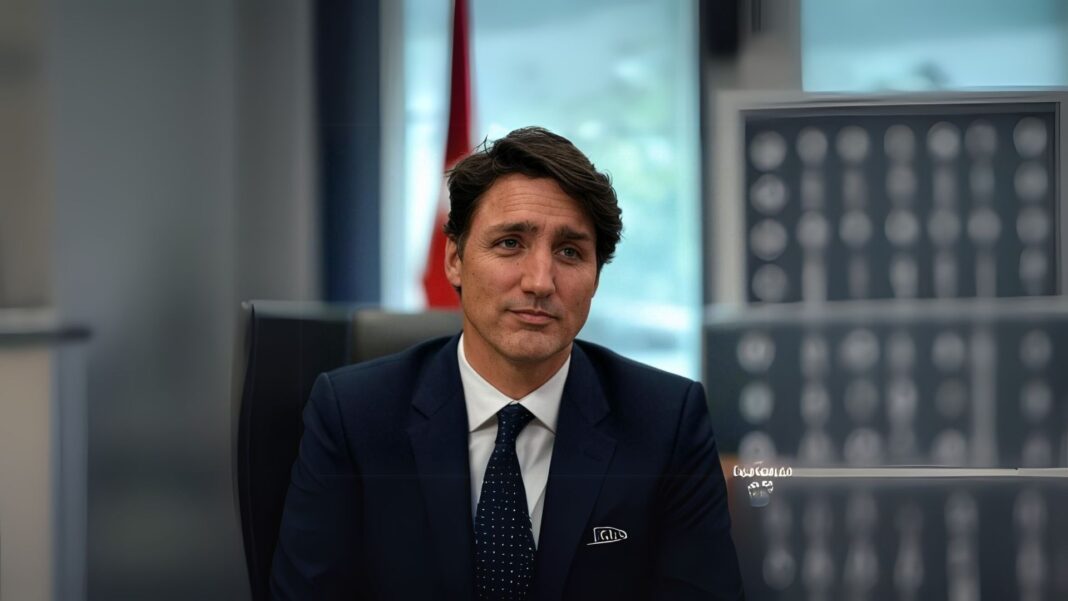Canadian Prime Minister Justin Trudeau’s recent announcement to step down as both prime minister and leader of the Liberal Party marks the end of his nearly decade-long tenure. This shift in leadership could potentially reshape the landscape for cryptocurrency in Canada, as the country prepares for its next general election in October.
Here’s what you need to know:
Trudeau’s Exit and Its Impact on Crypto
Trudeau’s governance has been characterized by resistance to digital assets at the federal level. His departure presents the opportunity for a more crypto-friendly leadership, though much of Canada’s digital asset regulations are driven by its provincial governments rather than federal policies.
During his time in office, Trudeau faced criticism from the crypto community, particularly after the government froze crypto wallets during the 2022 Freedom Convoy protests. This controversial move reverberated beyond Canada, raising concerns about the potential misuse of Central Bank Digital Currencies (CBDCs) for government intervention.
Potential Leadership Shifts
With Trudeau stepping down, Pierre Poilievre, leader of the Conservative Party and a vocal supporter of digital assets in the past, is emerging as a strong contender in the upcoming election. While his recent stance on crypto has been less prominent, his leadership could mark a shift in federal attitudes toward the industry.
On the other hand, Mark Carney, the former governor of the Bank of England and a potential Liberal Party candidate, offers a contrasting view. Carney has previously advocated for highly regulated stablecoins and questioned their differentiation from CBDCs. His stance signals a cautious approach to cryptocurrency.
Regulation Still in Provincial Hands
Despite changes in federal leadership, Canada’s crypto future will largely be shaped by the Canadian Securities Administration (CSA). This regulatory body, comprised of provincial regulators, plays a central role in overseeing securities and digital assets across the country.
Unlike the U.S., which has a national regulator like the SEC, Canada’s decentralized regulatory structure limits the influence of federal leadership on crypto policy.
Conclusion
As Trudeau steps aside, Canada stands at a crossroads for its crypto regulatory environment. Whether it’s Pierre Poilievre’s support for digital assets or Mark Carney’s cautious approach, the new leadership will inevitably influence the conversation around cryptocurrency. However, with provincial regulators holding the reins, the immediate impact on Canada’s crypto landscape may remain incremental rather than revolutionary.
Stay tuned to Coinwookies for more updates on this developing story!
This article reflects the opinions of the publisher based on available information at the time of writing. It is not intended to provide financial advice, and it does not necessarily represent the views of the news site or its affiliates. Readers are encouraged to conduct further research or consult with a financial advisor before making any investment decisions.



